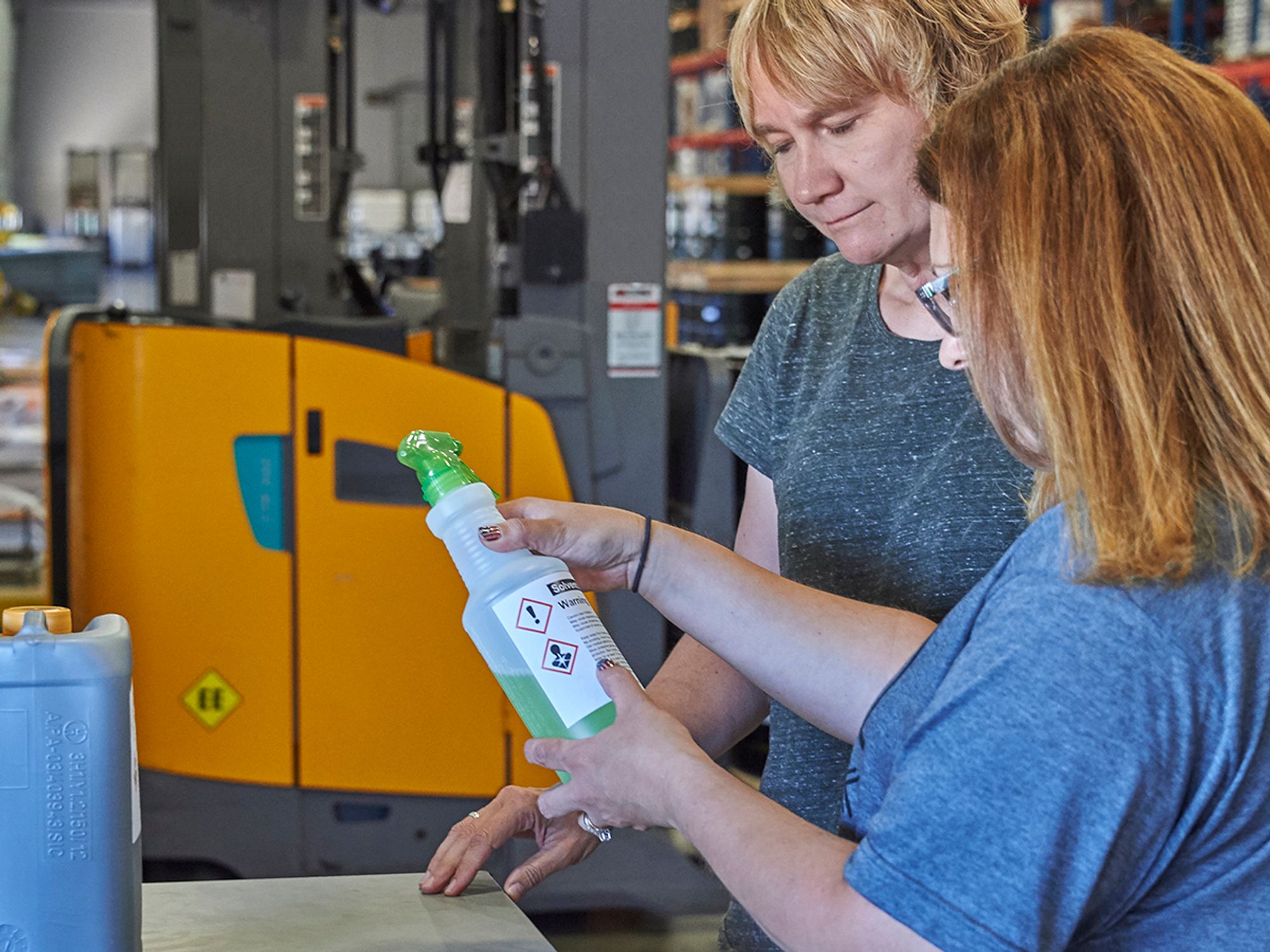Required training

- Federal and state laws require some companies to provide specific training to employees.
In some cases, companies are required to train employees under a federal or state law. The specific training that is needed depends on the employee’s job duties. It may also depend on a company’s size and location.
For example, the Occupational Safety and Health Administration (OSHA) requires companies to train employees when they may be exposed to certain hazards in the workplace, such as bloodborne pathogens, noise, or chemicals. Employees who supervise drivers who are subject to federal drug testing regulations must receive reasonable suspicion training. In some states, sexual harassment training is required.
Job safety training
When it applies to an employee’s job duties, required training under the Occupational Safety and Health Act (OSHA) includes:
- Injury and illness recordkeeping
- Scaffolding
- Fall protection
- Walking-working surfaces
- Emergency action plans
- Fire prevention plans
- Powered platforms for building maintenance
- Aerial lifts
- Flammable liquids
- Explosives
- Hazardous chemicals
- Hazardous waste operations and emergency response
- Personal protective equipment
- Eye and face protection
- Lockout/tagout
- Powered industrial trucks
Depending on their job duties, employees may also need to be trained annually on:
- Hazardous waste operations and emergency response training for employees and managers
- Respiratory protection training for employees who will use a respirator
- Permit-required confined spaces training for employees who have roles in permit space entries
- Access to employee exposure and medical records training
- Bloodborne pathogens training
- Fire brigade member training
- Portable fire extinguisher training
- Fixed extinguishing systems training
- Mechanical power press training
- Grain handling operations training
- Coke oven emissions training
- Training relating to specific hazards and chemicals, such asbestos, carcinogens, vinyl chloride, inorganic arsenic, beryllium, lead, cadmium, benzene, cotton dust, 1,2-dibromo-3-chloropropane (DBCP), acrylonitrile, Ethylene oxide, formaldehyde, Methylenedianiline (MDA), 1,3-butadiene, ionizing radiation
More information about training and safety programs can be found here.
Driver training
Truck drivers need to meet training requirements outlined by the Federal Motor Carrier Safety Administration to obtain a commercial driver’s license. In addition, drivers receiving a school bus, passenger, or hazardous material endorsement must meet training requirements.
For more information, see the Driver Training topic.
Drug and alcohol training
There are training requirements for supervisors who manage employees who are subject to federal drug testing regulations. Also, drivers with commercial driver's licenses who operate a commercial motor vehicle on public roads must be trained on regulatory information and the effects of substance abuse.
For information about supervisor drug and alcohol training, see "Supervisor reasonable suspicion training" under the Drug and Alcohol Testing — DOT subject.
For more information about employee drug and alcohol training, see "Driver drug and alcohol training" under the Drug and Alcohol Testing — DOT subject.
Sexual harassment training
Sexual harassment prevention training makes workers aware of what sexual harassment is and provides information on how to report instances of sexual harassment.
Sexual harassment training is required in California, Connecticut, Delaware, Illinois, Maine, and New York.
For more information, see "Provide prevention training" under the Sexual Harassment topic.
